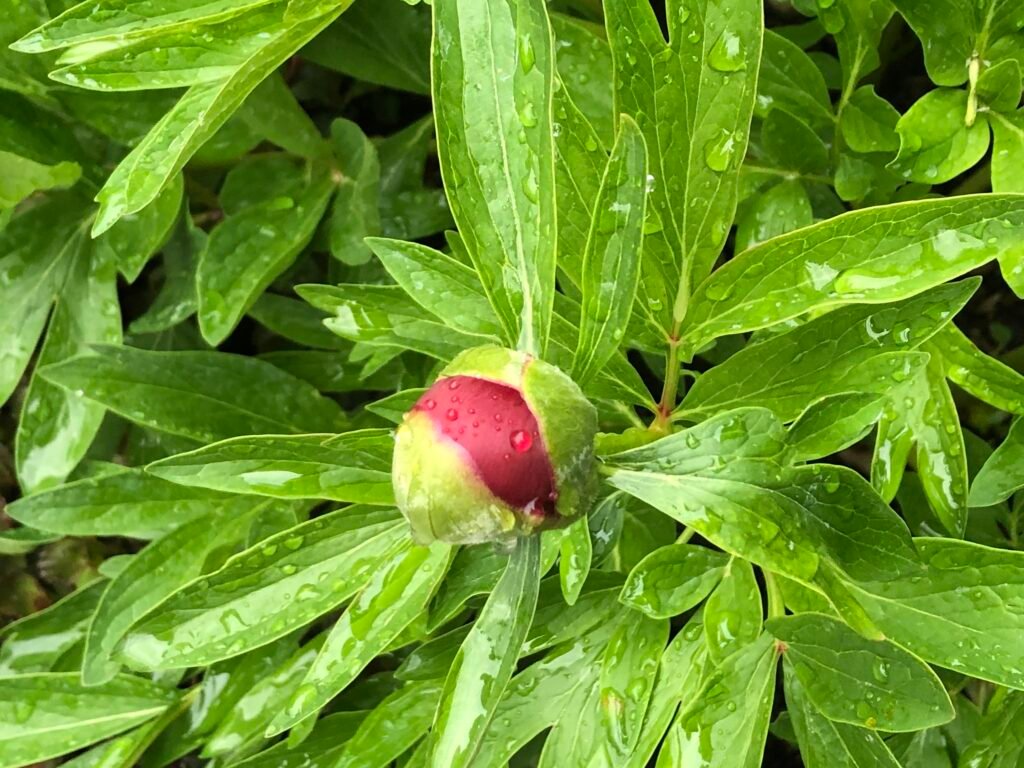The Promise of Peonies: A Bloom Worth Waiting For

Add Your Heading Text Here
There are flowers we fall for because they’re reliable — the ones that show up year after year, always on time, always unfussy. And then there are peonies. Rarely on time. Sometimes maddening. But when they bloom, they silence the garden.
I’ve stood in gardens where peonies have bloomed like soft fireworks, each flower as wide as a cupped hand, the petals so delicate they shift with the slightest breeze. There’s something deeply human about the way they arrive — full of hesitation, tension, and then… sudden, astonishing beauty.
You wait for them. You almost give up. And then one morning in May, there they are.
It’s no surprise they’ve been loved for centuries — painted, celebrated, whispered about. But the truth is, they don’t need grand fanfare. A single bloom can carry the whole border. And a well-placed peony, once settled, becomes a garden’s quiet anchor for decades.
Growing Guide: What Peonies Really Need
Peonies aren’t difficult, but they are particular. Understanding their rhythm is the key to getting the best from them.
Light
At least 4–6 hours of sun per day
Morning sun is especially helpful to dry off dew and prevent mildew
Soil
Well-drained, fertile soil
Happy on clay if it drains in winter
Improve with compost or well-rotted manure before planting
Planting Depth
For herbaceous peonies, the crown (buds) should sit no more than 2.5–5 cm (1–2 inches) below the soil surface
Tree peonies are grafted — plant slightly deeper to protect the graft union
Patience
It may take 2–3 years for a new peony to flower
Avoid moving or dividing them unless absolutely necessary
Herbaceous vs. Tree Peonies
Herbaceous Peonies
Die back in winter and re-emerge in spring
Easy to grow and great for borders
Blooms range from soft pinks to deep reds
Tree Peonies
Woody shrubs with stunning, often scented flowers
Slower growing but more architectural
Can be grown in partial shade
Common Problems (And Why Yours Might Not Be Flowering)
Planted too deep: This is the number one reason herbaceous peonies won’t bloom
Not enough sun
Too much nitrogen: Encourages leafy growth at the expense of flowers
Recently moved or divided: Give it time
Still settling in: Trust the process — next year may be the one
Supporting the Drama
Peonies have a habit of collapsing just when they’re at their best. Those big, indulgent blooms catch every drop of rain.
The trick?
Install plant supports or rings early, before the flower stems shoot up
Let them grow through the support naturally
Your display will last longer, and the plants will thank you
Final Thoughts: Beauty on Their Terms
Peonies don’t bloom for long. A week or two, sometimes three. And that’s part of why they matter. They’re a living lesson in patience and reward — in trusting the process and learning to pause.
They remind us that beauty isn’t always convenient. But it is always worth noticing.
Do you grow peonies? Are yours in bloom yet, or keeping you waiting? Share your stories in the comments of this Facebook post. And if you’ve cracked the code on growing them in tricky conditions, we’d all love to hear.
Happy Gardening.
— Marcus
